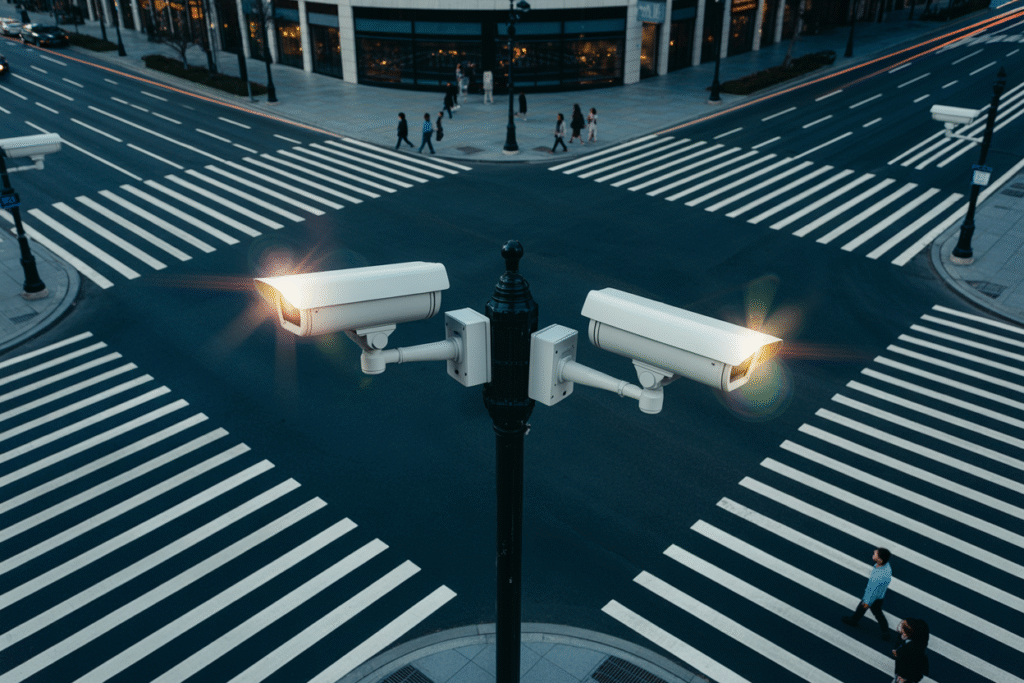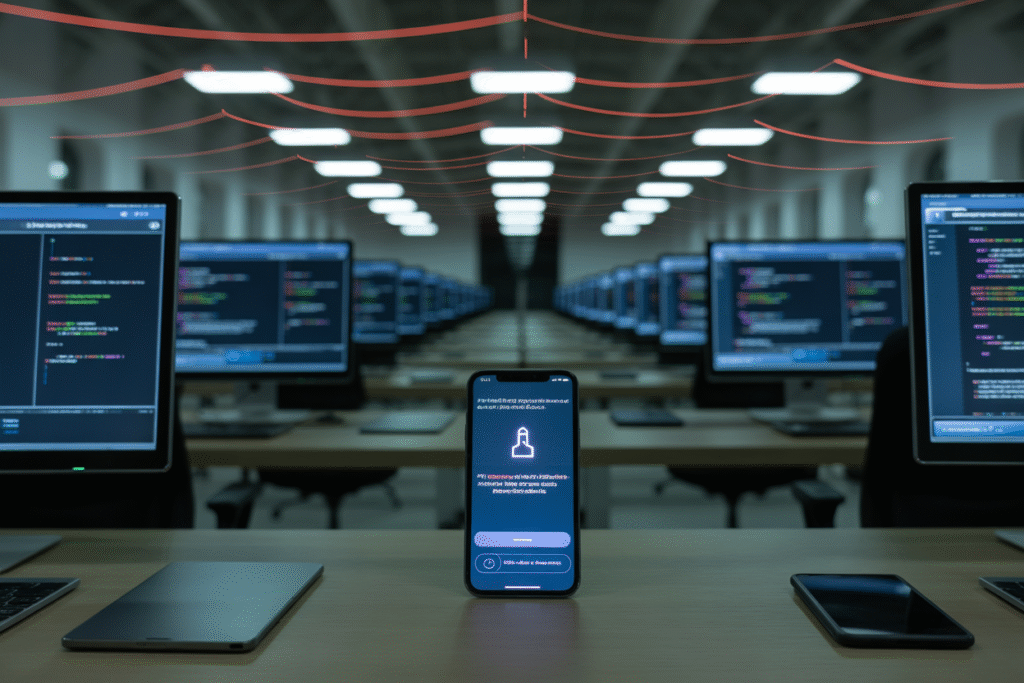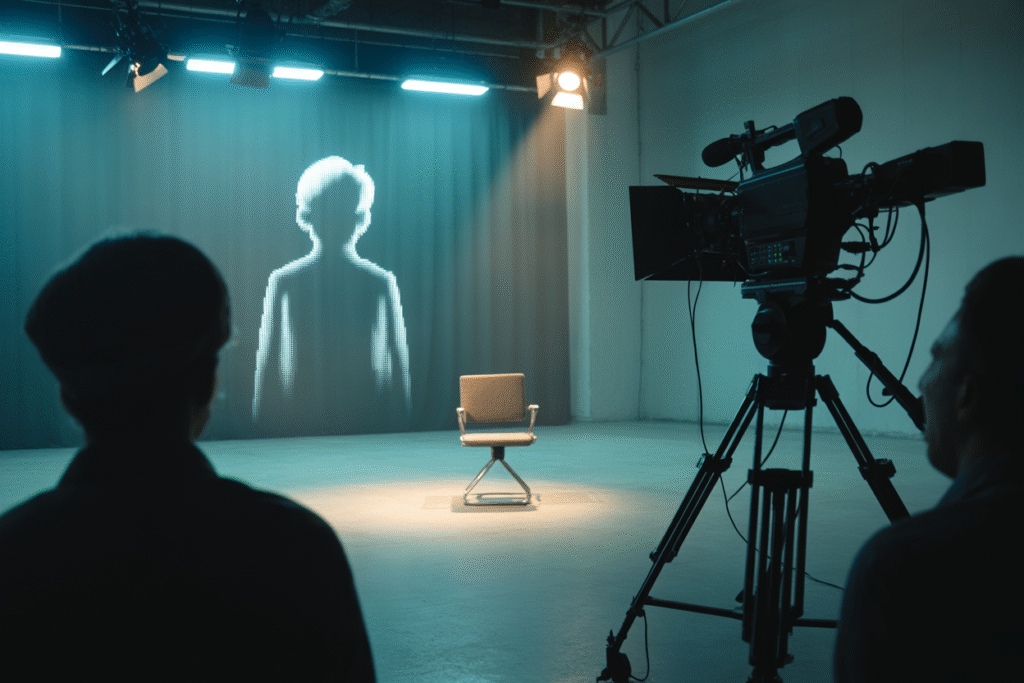From YouTube age-spying to China’s AI chip showdown, the newest AI ethics debates are moving faster than most of us finish lunch. Dive in before the next update drops.
Scroll for two seconds and another AI firestorm flares up. This morning alone—between your first coffee and second Slack ping—three major debates went live on surveillance, freedom, and the creeping moral code written into the very chips we trust. Instead of chasing headlines that vanish by brunch, we stitched the biggest five into one quick, share-worthy read. Ready to see which AI ethics crisis is knocking at your door right now?
YouTube’s Invisible Age Cop Sparks an AI Surveillance Revolt
Picture this: you open YouTube to watch a music video and the algorithm decides, without asking, that you are a teenager. Suddenly the content is throttled, the search is filtered, and the platform claims it’s for your own safety. That scenario went from hypothetical to real this morning when YouTube rolled out a behavioral age-gating system that overrides the birthdate you typed years ago.
Privacy advocates call it corporate mind reading. Parent groups cheer a layer of protection. Teen creators fear shadow bans they don’t even know exist. Meanwhile the rest of us wonder what else the AI model learned by watching every pause, rewind, and scroll we ever made.
Key points to share in your next group chat: the model uses watch-time patterns and interaction speed to guess age; false positives are inevitable, meaning adults may be treated like minors; and the data set includes not only public videos but also private watch history you never agreed to share with a third party.
China Knocks on Nvidia’s Door Over Alleged AI Chip Backdoors
Less than an hour ago Beijing summoned Nvidia representatives for an emergency briefing. The accusation reads like cyber-thriller fiction: the H20 AI chips may contain hidden pathways that allow remote tracking or even remote shutdown by outside actors.
Nvidia insists every export variant passes strict compliance checks. Yet security analysts note the same hardware feature used for performance diagnostics could, in theory, double as a geolocation tracker when paired with firmware updates. The meeting’s outcome may decide the fate of millions of chips already on factory floors around the globe.
Stakeholders watching closely include gamers afraid of sudden performance cuts, enterprises fearing supply chain blackouts, and regulators wondering how many other semiconductors carry similar risks we simply have not found yet.
When AI Becomes Your HR Manager, Morality Gets Awkward
Late last night an anonymous Facebook employee posted screenshots showing that the company’s own AI flagged a manager for a Covid post written by their direct report. The system forwarded the content to HR under the subject line “Potential Values Misalignment.”
Within minutes the post ignited thousands of replies claiming that algorithms are now policing personal lives outside work hours. One commenter joked, “Big Brother just applied for a job in corporate compliance.” Others pointed out the chilling effect on free expression when every tweet is fair game for a future promotion review.
Takeaway: the line between professional brand protection and invasive surveillance is dissolving in real time. Employees want clarity on what the AI sees, while employers want assurance that reputational risk is nipped before it snowballs.
China Orders AI Ethics Classes for Six-Year-Olds
Starting this fall, China’s Ministry of Education will require primary schools to teach a semester-long AI ethics curriculum. Kids as young as first grade will learn about data bias, facial recognition flaws, and societal impact through hands-on toy robots and simplified code blocks.
Supporters praise early digital literacy. Critics fear the courses double as state propaganda disguised as moral education. Imagine eight-year-olds debating fairness in algorithmic grading while the same algorithms rank their test scores.
International educators are taking notes. If this experiment works, expect copycat programs in Seoul, Stockholm, and San Francisco. If it backfires, the backlash could set global AI literacy efforts back a decade.
Could Mass Surveillance Flat-Out Kill the Bill of Rights?
A viral thread posted just after sunrise warns that AI surveillance threatens not just one amendment, but the entire constitutional foundation. Step one is the Fourth Amendment falling to mass facial recognition in public spaces. Step two is the Second Amendment eroded by weaponized drones monitoring gun owners. By step four we are talking about freedom of speech evaporating through predictive policing that silences dissent before it appears.
Sound hyperbolic? Maybe, but the same thread links to newly released police procurement documents outlining contracts for drone systems that log crowd density and flag “abnormal behavior” at rallies. Civil-liberties lawyers call it an unprecedented legal test case.
The moral takeaway for readers: each small upgrade in public safety tech chips away at personal liberty unless citizens demand clear red lines. Your turn to decide where that line should be before the next headline drops.


